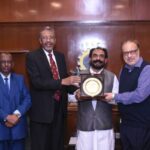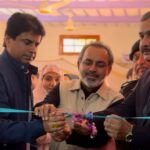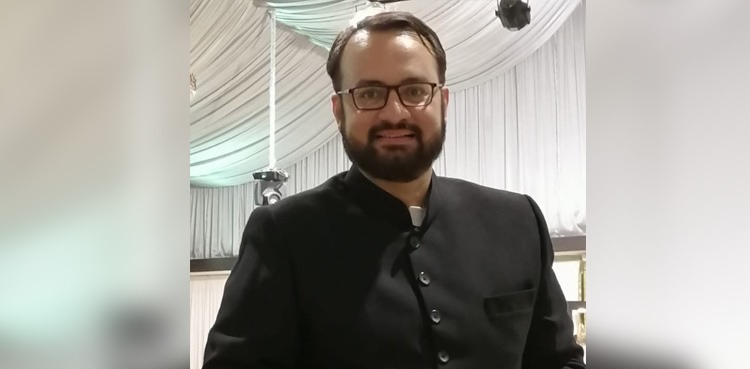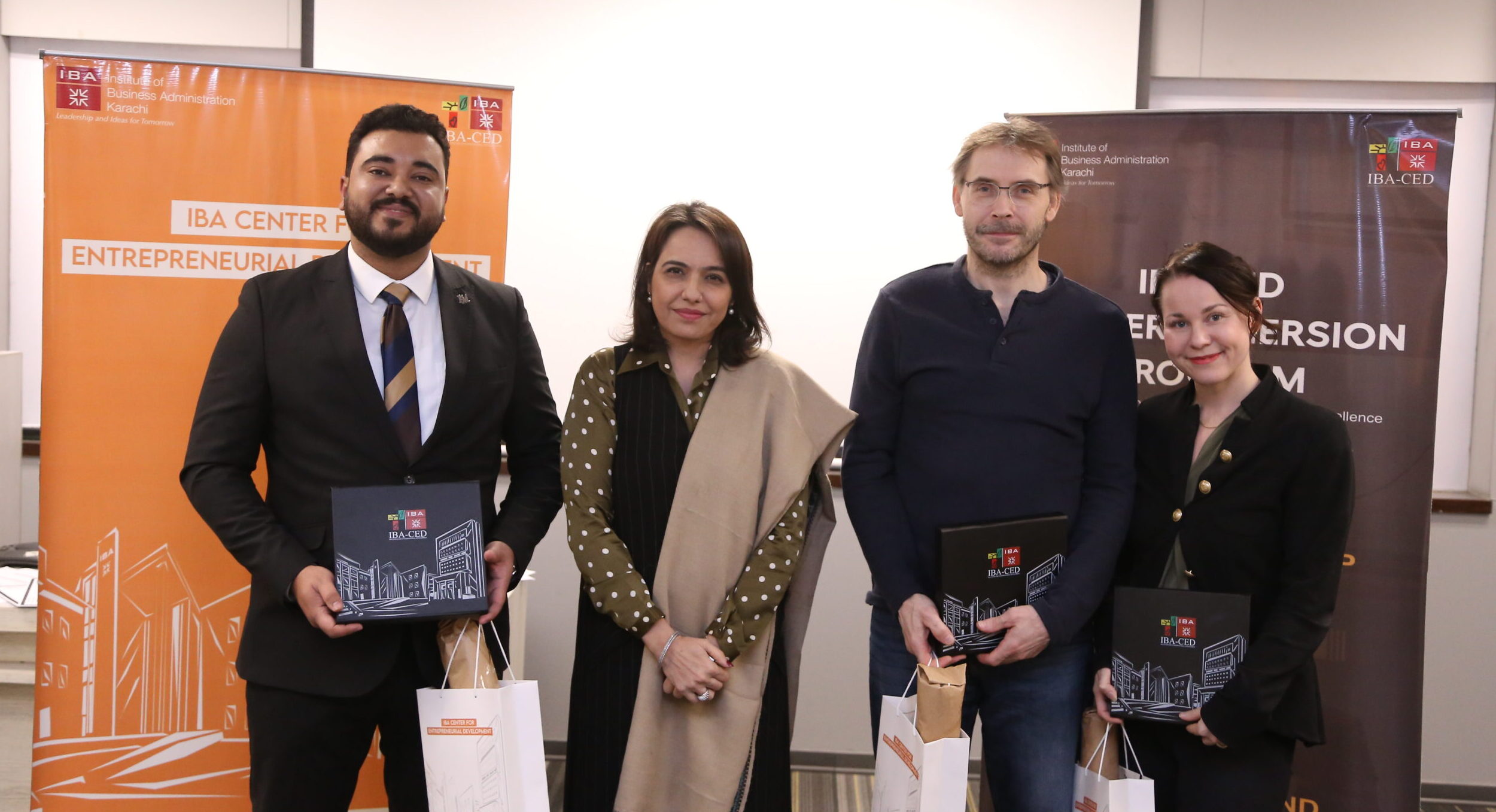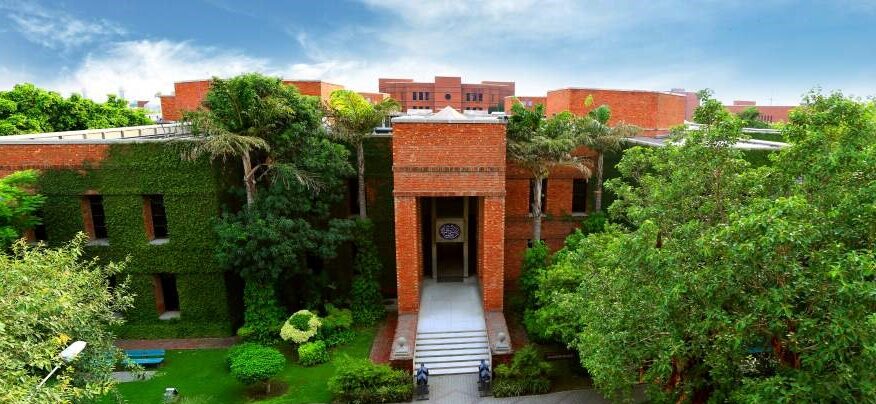Karachi, July 16, 2024: In an exclusive revelation, Pakistan’s prominent researcher, activist and his family has reportedly facing multiple intimidation attempts, stalking, and abusive calls from unknown numbers.
Dr. Ansari, who recently arrived safely in the UK, shed light on the harrowing experiences he and his family have endured over the past two weeks as they have recounted facing multiple intimidation attempts, stalking, and abusive calls from unknown numbers.
These events unfolded as he worked on a critical investigative report addressing the dire state of freedom of expression in Pakistan.
Dr. Ansari’s report underscores Pakistan’s troubling ranking as one of the worst countries for journalists, with Reporters without Borders (RSF) placing it at 152nd globally.
The Senate’s report from January 2023 disclosed that between 2019 and 2023, 42 journalists were killed. The situation has only worsened in 2024, with four more journalists murdered and over 200 facing restrictions, including 70 who received unwarranted legal notices.
Political activists have been harassed, and measures such as the E-Safety Bill and Personal Data Protection Bill have further stifled freedom of expression. Social media platforms and mobile services were suspended during elections, exacerbating the already fraught political climate.
Despite these threats, Dr. Ansari continued to collect data from various sources, including exiled journalists and civil society activists, focusing on the 2023 local and 2024 general elections in Karachi. His findings revealed significant electoral fraud, manipulation, and interference by non-state actors.
The report, which includes feedback from global observers and international bodies, aims to expose the truth and strengthen democratic processes in Pakistan.
Dr. Ansari’s ordeal began with a life-threatening attack on July 4, around 10 PM, in Meman Goth. Returning home with his family from Bahria Town, they were pursued by assailants who knew personal details about them. The next day, with considerable difficulty, he managed to file a police report.
On July 12, another assassination attempt occurred near Malir River as Dr. Ansari headed to a research seminar. Surviving the attack once again, he immediately postponed the seminar, ensured his family’s safety, and fled to the UK that night.
These incidents have left Dr. Ansari and his family severely traumatized. Reflecting on the advice to stay silent, he now believes that reporting the first attack might have deterred further violence. He questions why his work—raising awareness about constitutional rights and freedom of expression—has provoked such hostility.
Dr. Ansari draws strength from the memories of colleagues who have faced similar oppression and vows not to remain silent. He emphasizes the importance of identifying the perpetrators and bringing them to justice, asserting his right to self-defense and freedom of expression under both the UN Charter and Pakistan’s Constitution.
Dr. Ansari is in contact with international organizations such as Reporters Without Borders and the Freedom Network, seeking support from global and local media to amplify his voice. He urges for widespread publication of his plight, highlighting the necessity of standing against those who threaten freedom and democracy.
In conclusion, Dr. Ansari’s resilience shines through as he commits to presenting his findings to the global media, unyielding in his quest for justice and the truth.



















































































































































































































































































